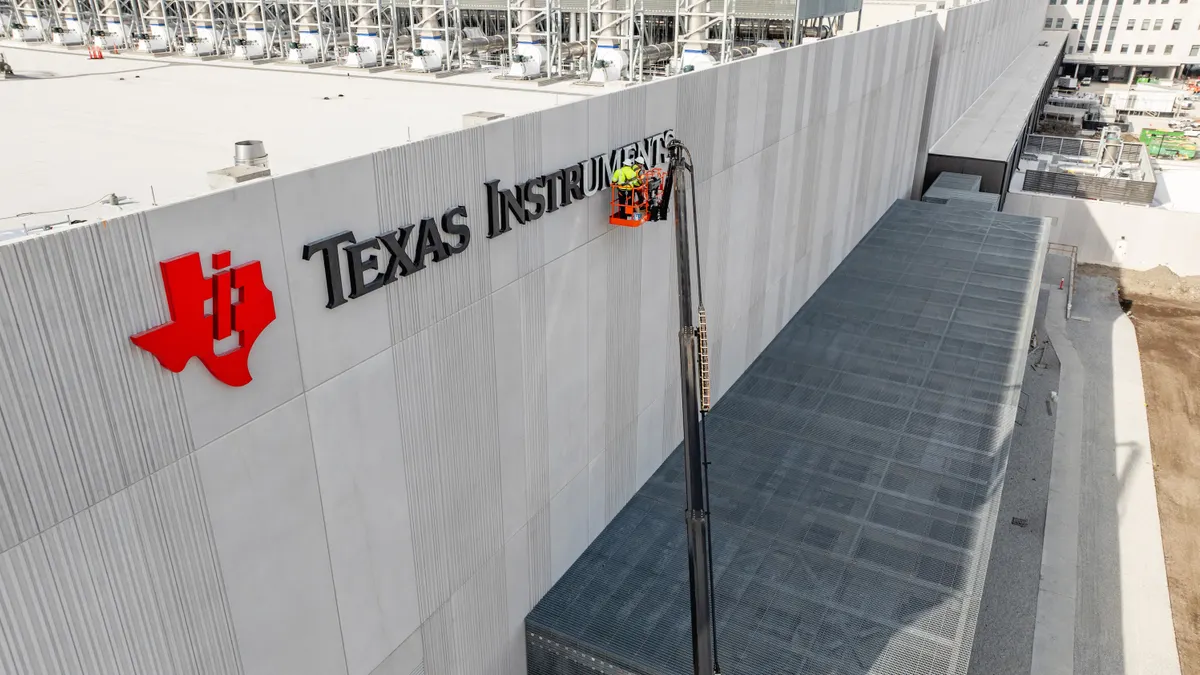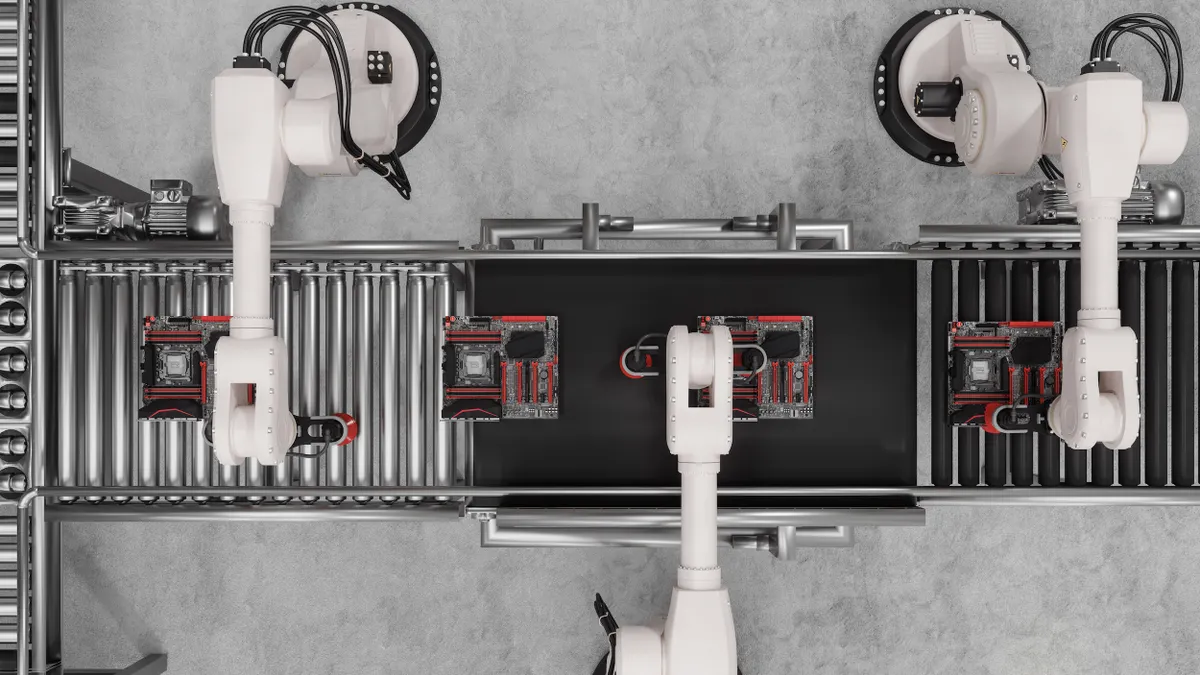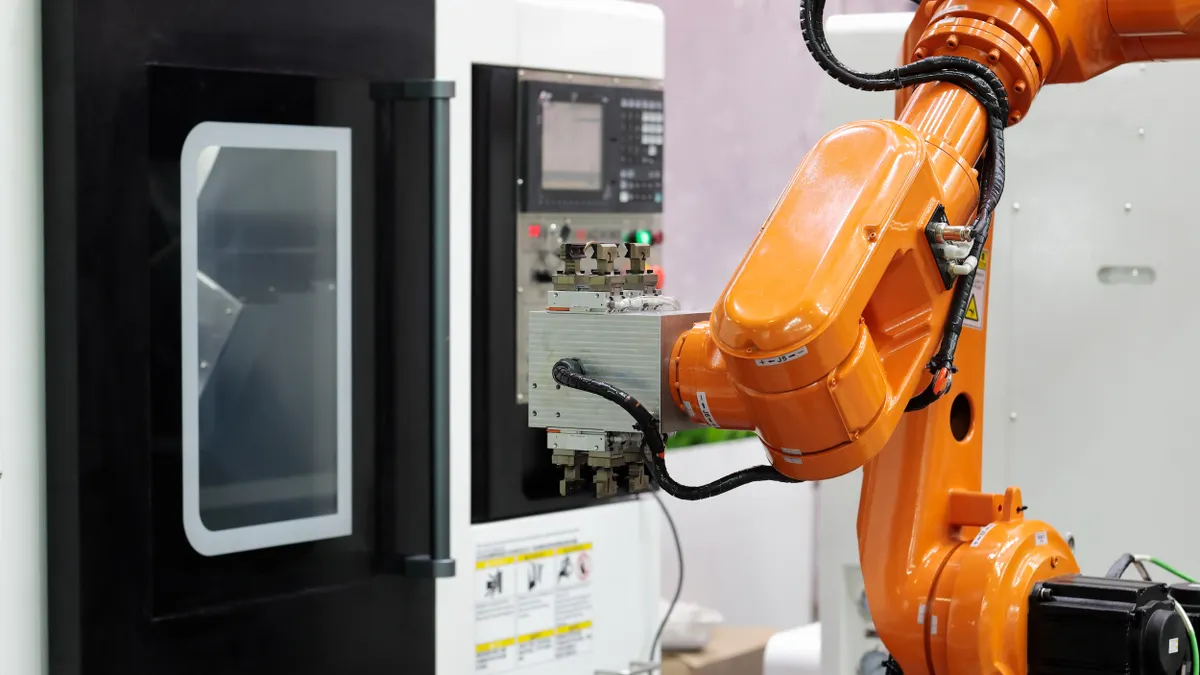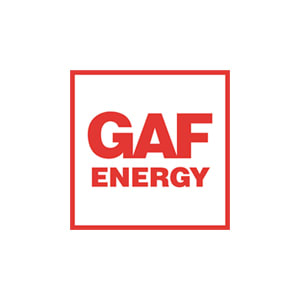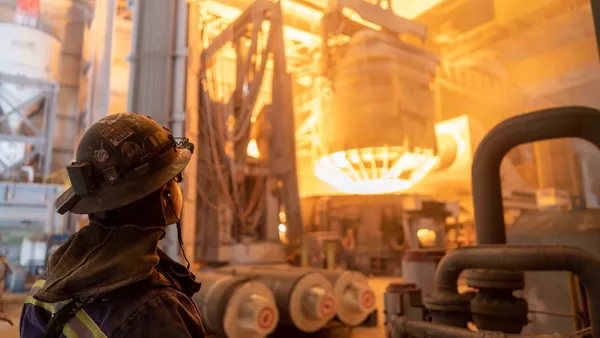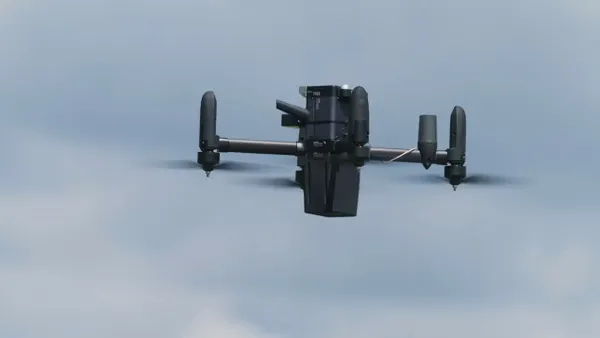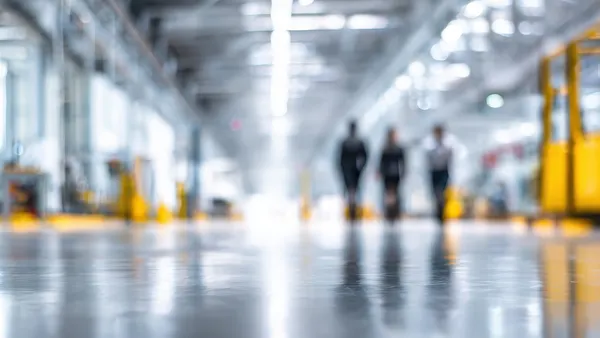Dive Brief:
-
Texas Instruments, a maker of chips for automobiles and consumer electronics, sparked confusion on its second quarter earnings call after providing weaker-than-expected guidance for the rest of the year.
-
A number of Wall Street analysts identified a “tone” shift in how executives were describing where Texas Instruments was in the semiconductor recovery cycle compared to Q1, raising questions about what happened to change the messaging.
-
During the call Tuesday afternoon, President and CEO Haviv Ilan said “we have flexibility and are prepared to navigate as things evolve” for the rest of 2025. In contrast, he said last quarter that “recovery of the industrial market is here,” with customers starting to make up for low inventories.
Dive Insight:
Texas Instruments’ unseasonably strong Q1 results and positive messaging about the recovery cycle led analysts to be bullish on the company earlier this year. However, during the Q2 call, Ilan said the company wants to take a more prudent approach to its guidance for the rest of the year, citing tariff uncertainty as a contributing factor. He also said Texas Instruments is seeing recovery in most of its end-markets.
“We are actually having some growth in the second quarter from a year-over-year perspective, but at a very low level,” Ilan said. “I will say that automotive has not recovered yet.”
Additionally, he noted that despite a current pause on semiconductor tariffs in the U.S. and China, Texas Instruments has “to be prepared for what the future may hold.”
“I think the cycle is going to be less pronounced and more shallow,” Ilan added.
In April, the tariff situation was very fluid. The U.S. rapidly raised import tariffs against China to 125% despite lowering rates for most other countries, but granted exemptions for semiconductors. China then slapped reciprocal import tariffs on U.S. goods. Later in the month, China added exemptions for some American-made semiconductors, the Washington Post reported.
In May, China and the U.S. agreed to a 90-day suspension of most heavy tariffs on each others’ goods while they continued trade negotiations. That suspension is set to expire on Aug. 12.
Ilan said Texas Instruments saw demand accelerate earlier this year as customers began to make up for their low inventories. However, sales momentum through Q2 had not continued like analysts had expected.
For the three months that ended June 30, revenue totaled $4.4 billion, up 9% from Q1 and 16% over last year. Q2 net income was $1.3 billion, up 15% from a year ago.
Texas Instruments also saw cash flow of $1.9 billion from its operations during the quarter and capital expenditures totaled $1.3 billion for the quarter.
Looking ahead, the Dallas-based company is expecting Q3 revenue between $4.45 billion to $4.8 billion. It is also expecting earnings per share between $1.36 and $1.60.
“Again, I don’t know how the third quarter will play out, but that’s part of the way we are forecasting,” Ilan said.


